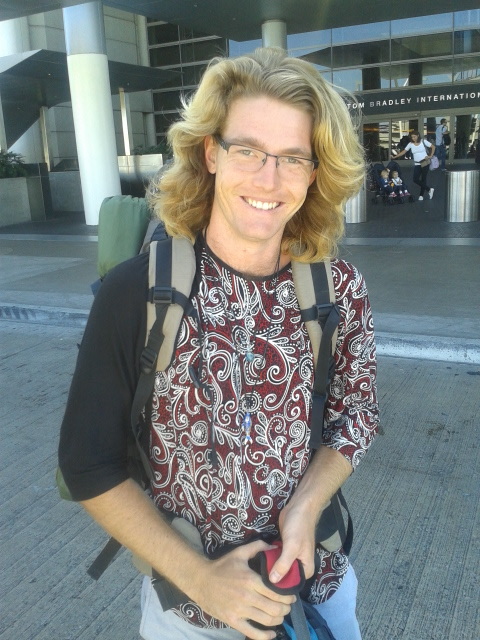|
One of the most interesting parts of studying abroad in a developing country is the discovery of different concepts of rights. Living in Thailand can be difficult at times simply because of the way that the government works; people here do not have many freedoms that I take for granted, such as speech, as their education system keeps them from criticizing their rulers. Right now, Thailand is under a military dictatorship, which means that generals are in charge of all of the decisions for the entire country. Ever since the military took over in 2014, there have been many human rights issues in this country, issues that affect everyone from students to refugees. Sadly enough, this isn't the first time that Thailand's government has failed to secure the rights of all people within its borders.
I study at Thammasat University, which has a proud tradition of political activism that stretches back to its founding in the 1930s. For many years, Thammasat was the place where demonstrations began, where people gathered to discuss the problems with their country, and where change happened. In 1973, students from many universities banded together at Thammasat to protest the rule of a military government that had held power for decades. The protests soon gained the approval of the public, and soon they included 500,000 people. Over the course of several days, the military killed about 100 students, but in the end, the military government resigned: Thailand was a democracy once again. However, just 3 years later, tensions from nearby Vietnam, which had just fallen to Communism, reached Bangkok. Members of the military wanted to take the power back, and started to call reformers 'Communists' in an effort to gain international support. Since students tend to be liberal, and in Thailand at the time, this meant being critical of the wealthy royal and military elite, they were seen as a threat. In October of 1976, police responded to a political cartoon by surrounding Thammasat University. On the morning of October 6, police and military units opened fire on students. Over the next few hours, they killed hundreds of students, hanging many. Others were beaten, tortured, and imprisoned. Meanwhile, the military took power once again – and the West looked away. Over the next few years, America sent Thailand tens of millions of dollars in military and economic aid. Today, many Thai history books don't teach kids about 1976. Over the last ten years, the government has put pressure on Thammasat University, hoping to change the sort of students that attend the school. As a result, it has fallen from its former spot as one of the nation's finest universities, and an increasing amount of students come from wealthy families, uninterested in changing their society. It's a complicated environment, one that changes as quickly as the weather in Bangkok.
0 Comments
Leave a Reply. |
Adam De GreeI am a senior in college, studying philosophy, and am visiting family in the Czech Republic and travelling and studying in Europe and Asia. Archives
January 2016
Categories
All
|
|
SUPPORT
|
RESOURCES
|
|


 RSS Feed
RSS Feed



